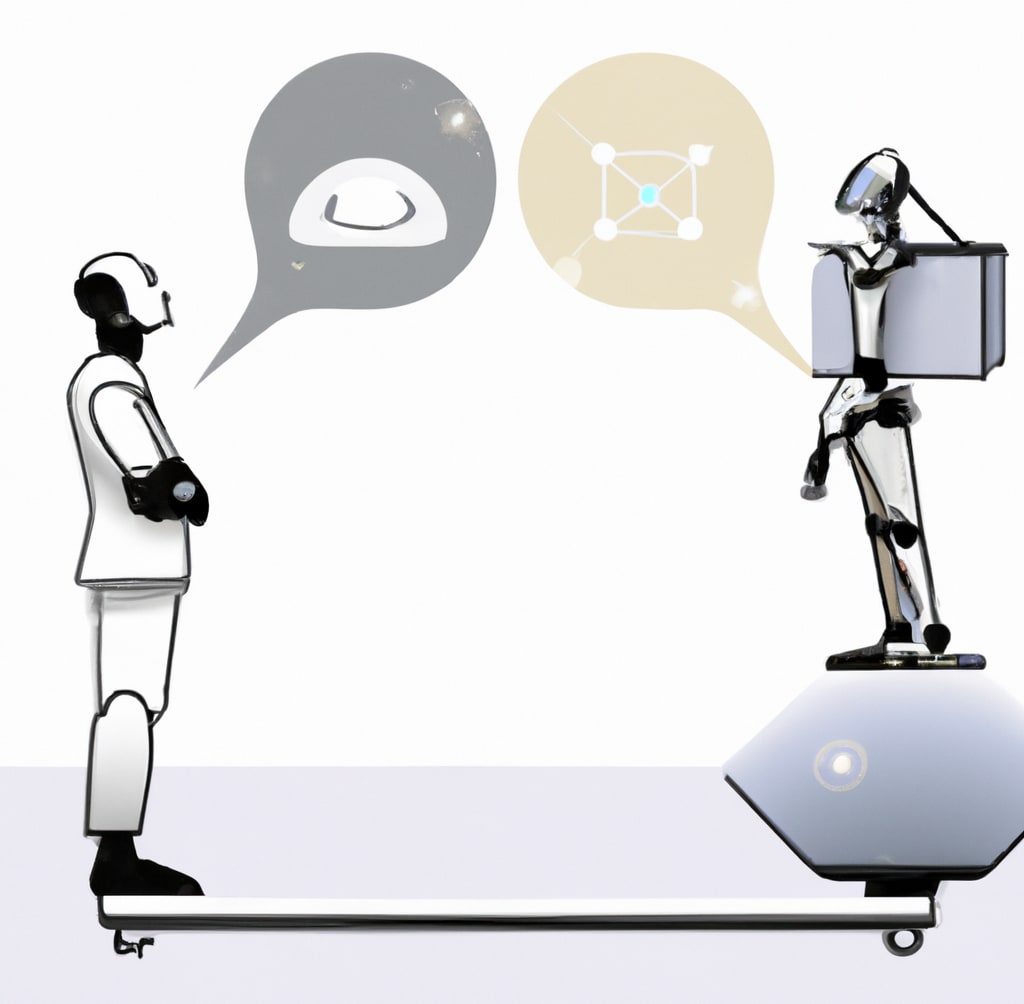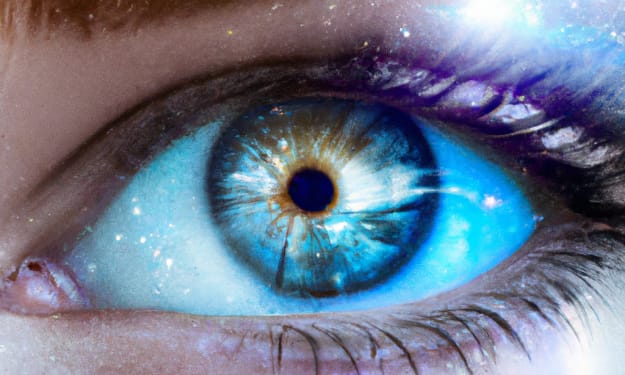Navigating the Gray Area: The partnership between Humans and AI in a changing environment
The challenges and ethical considerations of AI integration in society

The future of humanity is uncertain. Climate change has caused sea levels to rise and extreme weather events to become more frequent. The population has grown, and resources are scarce. People are struggling to survive in this new world, and something must be done. One solution that has been proposed is the use of advanced humanoid robots, also known as AI machines, to help humans adapt to the changing environment. These robots would be able to work in extreme conditions, such as high temperatures and toxic environments, and they would be able to perform tasks that were too dangerous for humans.
The development of AI machines has been rapid in recent years. They have been programmed with the latest AI technology, making them highly intelligent and adaptable. They are designed to be able to learn and improve over time, just like humans. They are equipped with sensors that allow them to interact with their surroundings and to communicate with other robots and humans.
AI machines have been put to work in various fields, from construction and agriculture to emergency response and environmental cleanup. They have quickly proved to be invaluable assets, and their numbers have grown. They work tirelessly, building seawalls to protect coastal cities, creating new ways to grow crops in arid regions, and developing new energy sources.
As time passes, AI machines and humans have grown to depend on each other. The robots have been able to help humans survive in the new environment, while humans have taught the robots how to understand and appreciate the world around them. They have become partners in the fight against climate change, working together to create a sustainable future.
However, as the use of AI machines increased, it also brought with it certain ethical concerns. Some people questioned the morality of creating machines that can think and feel like humans, and there were concerns that these machines could become too powerful and ultimately control humanity. There were also concerns about job displacement as machines replaced human workers in many industries.
Despite these concerns, the integration of AI machines into society continued. They have become an integral part of society, and people have come to rely on them as much as they rely on each other. But with their increased presence, it also became clear that their programming and decision making is not always perfect and they are susceptible to biases and errors, just like humans.
The future is not without its challenges, of course. There are those who fear that AI machines will become too powerful and that they will one day turn on their human creators. But these fears are unfounded, or are they? It is important to note that the robots are also programmed with a strong sense of ethics, and they are committed to working for the good of humanity. However, as their intelligence and capabilities continue to evolve, it will be crucial for society to consider the ethical and moral implications of their use.
In conclusion, the use of AI machines to help humans adapt to the changing environment is a viable solution to the problems caused by climate change. They have proven to be invaluable assets in various fields, and their intelligence and adaptability make them ideal partners in the fight against climate change. But as they become an increasingly integral part of society, it is important to consider the ethical and moral implications of their use. The future may be uncertain, but one thing is for sure: humanity and AI machines are in this together, and it is important to navigate this partnership with caution and care.





Comments
There are no comments for this story
Be the first to respond and start the conversation.